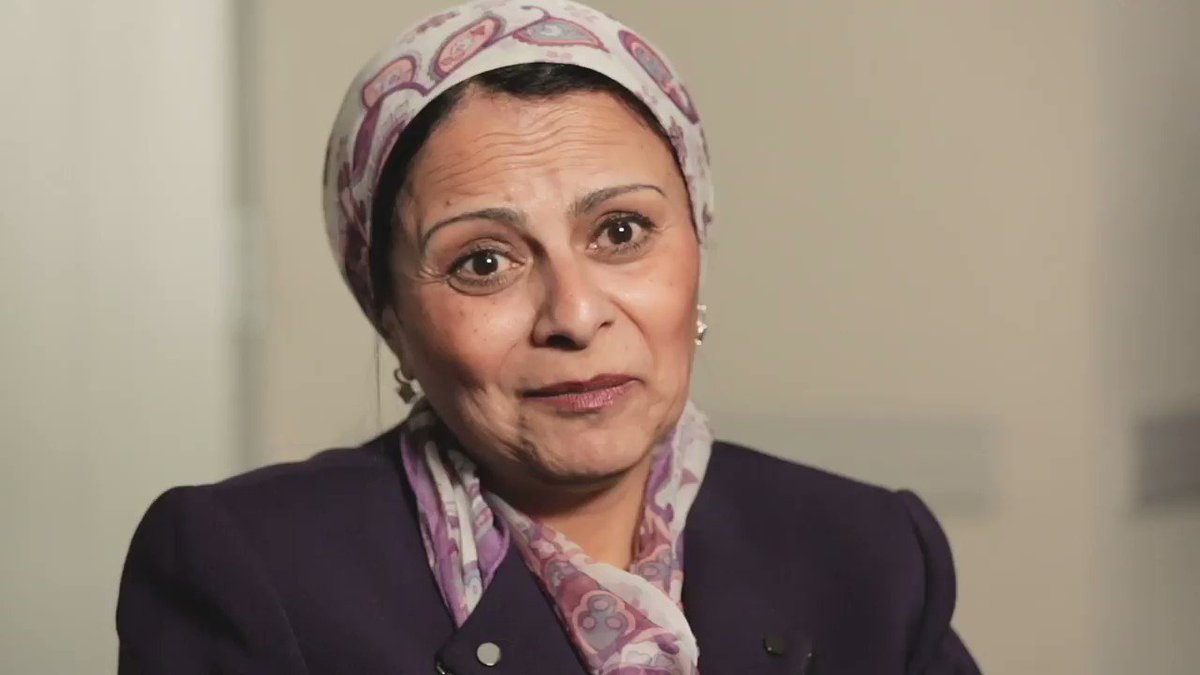How Vocational Education Got a 21st Century Reboot - POLITICO Magazine
How Vocational Education Got a 21st Century Reboot
With schools across 10 states, the P-TECH program prepares its students for good jobs that corporations pay well
NEWBURGH, N.Y. — Suriana Rodriguez is only 19, but she’s already lined up a full-time job at IBM. After her junior year in high school, she interned at the tech giant’s Poughkeepsie, N.Y., campus, 20 miles north of her hometown, for $17 an hour. For a year, Rodriguez has worked 40-hour weeks as an apprentice test technician, examining IBM mainframes to confirm they work before shipping them to customers. In January, she’ll move to a permanent position with a future salary that she says, is “definitely much more than I ever thought I’d be making at 19.”
Rodriguez’s opportunities with IBM came to her thanks to her high school, Newburgh Free Academy P-TECH. It’s part of an innovative public-school model that combines grade 9-12 education with internships and tuition-free community college. P-TECH, which stands for Pathways in Technology Early College High School, has spread to 10 states and 17 countries since its founding in Brooklyn in 2011. The P-TECH network is growing fast. By the end of 2019, there will be 220 P-TECH schools in operation. With 93,000 students nationwide, it is one of the most extensive career and technical education programs in the United States.
For public school districts, starting P-TECH schools is a way to try to address the “skills gap”—American education’s often-elusive goal of tying vocational training to what actual employers such as IBM and Cisco and Microsoft want. It focuses on the much-valued STEM subjects—science, technology, engineering and math. It aims to prepare students for so-called new collar jobs: work in tech that requires more than a high school diploma, but not always a four-year college degree. And at a time when free college education is surging toward the top of the progressive agenda, it’s an affordable free-college program that’s taken root in poorer cities, boosting high school graduation rates and two-year-college completion rates among CONTINUE READING: How Vocational Education Got a 21st Century Reboot - POLITICO Magazine
Privatizing Taxpayer Dollars
-
Charter and vouchers schools are excellent at turning public dollars into
private wealth. But they can also be excellent at converting public dollars
into ...
1 hour ago











